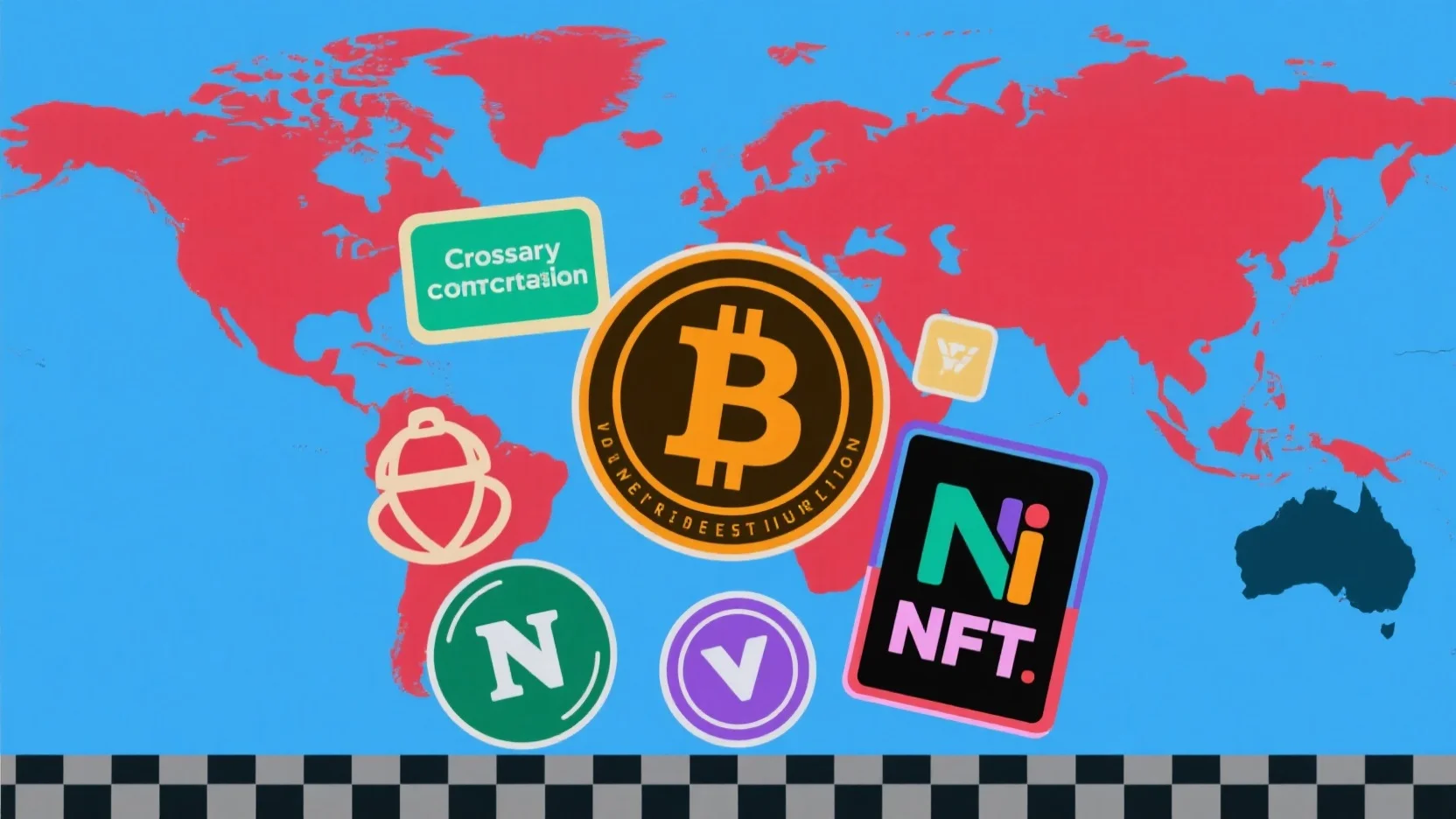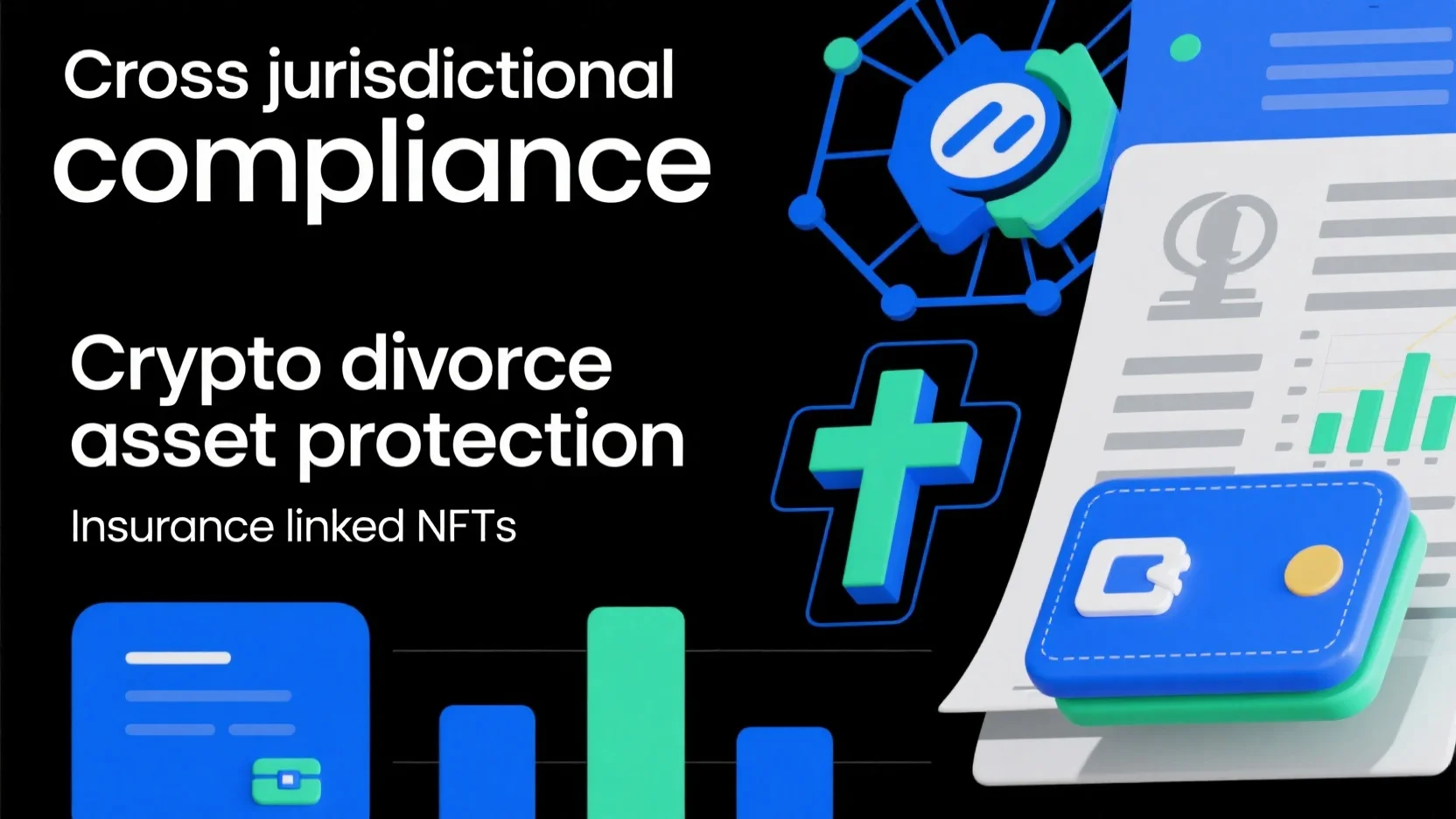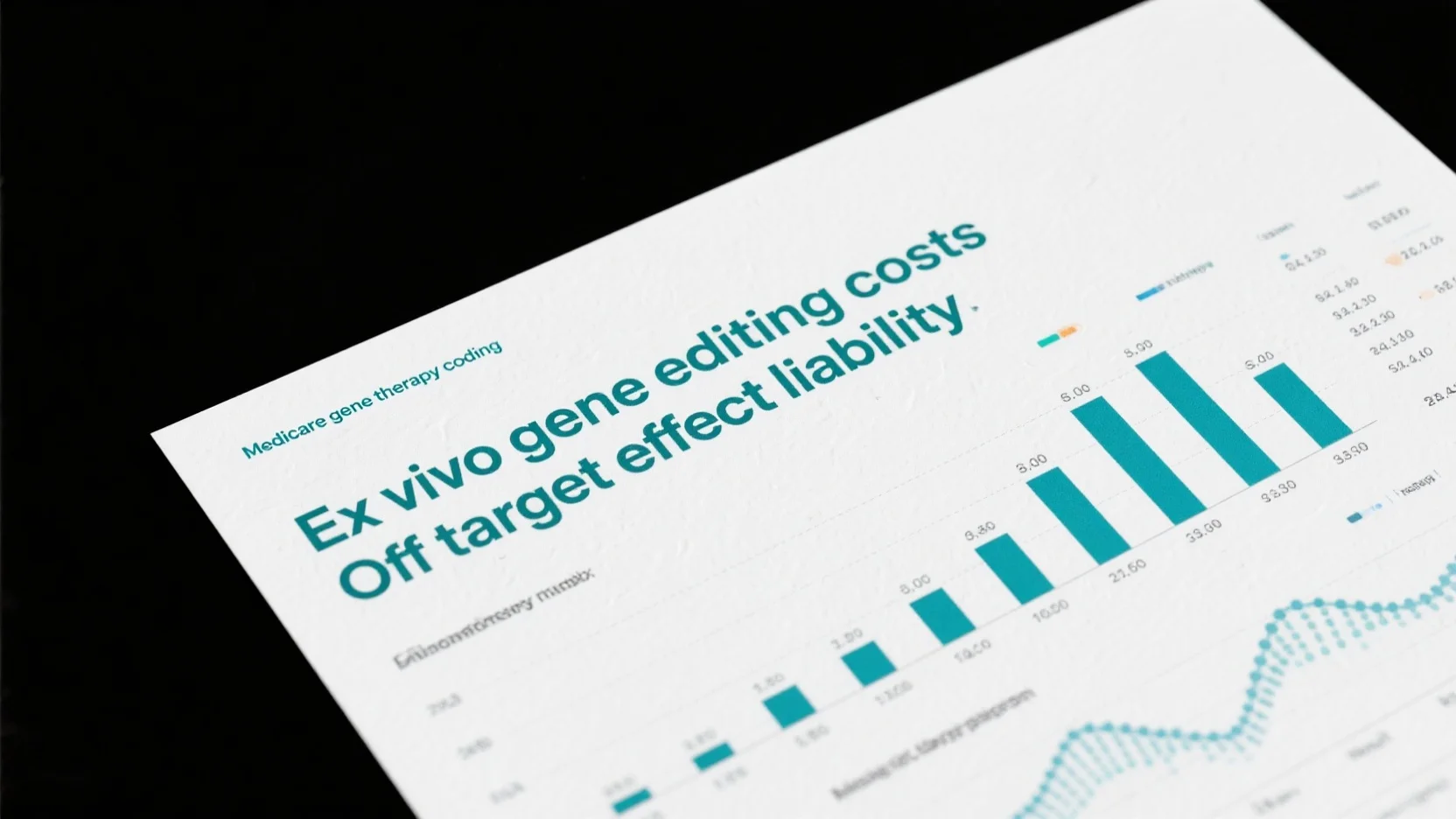In 2024, with the NFT market projected by Statista to reach US$683.9 million, understanding insurance – linked NFTs, cross – jurisdictional compliance, and crypto divorce asset protection is more crucial than ever. The SEMrush 2023 Study shows blockchain – based record – keeping can cut insurance fraud by 30%. And THINKADVISOR reported family law disputes over digital assets are on the rise. Our premium buying guide offers expert insights into these complex areas, providing the best price guarantee and free installation included in some services. Don’t miss out on safeguarding your digital assets!
Insurance – linked NFTs
Did you know that the NFT market is projected to generate revenue of US$683.9 million in 2024, according to Statista? This growth highlights the increasing importance of insurance – linked NFTs in the digital asset space.
Definition
Tokenization of insurance – related documents
Tokenization of insurance – related documents involves converting traditional insurance paperwork into non – fungible tokens. This process provides a more efficient and secure way to manage insurance policies. For example, a large insurance company might tokenize all of its life insurance policies. Instead of storing them in physical files or complex digital databases, these policies can be represented as unique NFTs on a blockchain. This not only makes them easily transferable but also ensures their authenticity. Pro Tip: When considering tokenizing insurance documents, work with a blockchain – certified firm to ensure compliance with relevant laws and regulations. As recommended by Chainalysis, a leading blockchain analysis tool, proper due diligence is crucial during the tokenization process.
Secure and transparent record – keeping
NFTs offer secure and transparent record – keeping for insurance – related information. Blockchain technology, the underlying technology of NFTs, ensures that once a record is added, it cannot be altered without a trace. This provides a high level of security for policyholders and insurance companies alike. For instance, in the case of property insurance, the history of a property’s insurance claims can be stored as an NFT. This allows insurance adjusters to quickly access accurate information. According to a SEMrush 2023 Study, blockchain – based record – keeping can reduce fraud in the insurance industry by up to 30%. Try our blockchain record – checking tool to verify the authenticity of insurance – related NFTs.
Application

Insurance policies for NFTs
As the NFT market grows, there is an increasing need for insurance policies for these digital assets. NFT owners face risks such as theft, loss, and market volatility. Insurance policies can protect them from these risks. For example, an artist who has minted valuable NFTs can purchase an insurance policy to cover the loss in case of a security breach on the NFT marketplace. Policyholders are also advised to combine insurance coverage with proactive and retroactive digital security measures. Pro Tip: Before purchasing an NFT insurance policy, carefully read the terms and conditions to understand what is covered and what is excluded. Top – performing solutions include policies from established insurance companies that are starting to offer NFT – specific coverage.
Challenges
The main challenges in the area of insurance – linked NFTs include regulatory uncertainties, lack of standardization, and a limited understanding of the technology among insurance professionals. The absence of clear regulations on Non – Fungible Tokens (NFTs) creates many problems in the market for creators, investors, and consumers, as stated in the International Journal of Creative Research Thoughts.
Strategies to overcome challenges
To overcome these challenges, stakeholders can collaborate with regulatory bodies to develop clear guidelines. Insurance companies can also invest in training their staff to better understand NFT technology. For example, an insurance company could partner with a blockchain education firm to provide in – house training programs. Pro Tip: Stay updated with the latest regulatory changes by subscribing to industry newsletters and attending relevant conferences.
Potential long – term impacts
In the long term, insurance – linked NFTs could revolutionize the insurance industry. They could lead to more personalized insurance products, as data stored in NFTs can provide detailed insights into policyholders’ risk profiles. This could also increase competition in the market, leading to better prices and services for consumers. According to some industry experts, in the next decade, a significant portion of insurance policies could be in the form of NFTs.
- Insurance – linked NFTs involve tokenizing insurance documents and offer secure record – keeping.
- They have applications in insuring NFTs, but face challenges like regulatory uncertainties.
- Strategies to overcome these challenges include collaborating with regulators and staff training.
- In the long term, they could transform the insurance industry.
Cross – jurisdictional compliance
The NFT market is booming, with Statista projecting it to generate revenue of US$683.9 million in 2024, despite a forecasted decline of 11.01%. As this market grows, cross – jurisdictional compliance for insurance – linked NFTs has become a pressing issue. Different regions have distinct regulatory frameworks that can either spur growth or create significant hurdles for the use of NFTs in the insurance sector.
Impact on Insurance – linked NFTs
European Union
The European Union has been at the forefront of digital asset regulation. With its complex web of laws aimed at protecting consumers and ensuring financial stability, insurance – linked NFTs face a stringent compliance environment. For example, the General Data Protection Regulation (GDPR) plays a significant role. If an insurance – linked NFT stores personal data of policyholders, companies must ensure strict adherence to GDPR rules regarding data collection, storage, and usage.
Pro Tip: Insurance companies operating in the EU should appoint a Data Protection Officer (DPO) to oversee GDPR compliance for their NFT – related operations.
An EU – based insurance startup, XYZ Insurance, tried to launch an insurance – linked NFT product that provided unique policy details to policyholders. However, they faced delays due to non – compliance with GDPR. After hiring a DPO and implementing proper data protection measures, they were able to successfully launch their product.
United Kingdom
In the UK, regulatory bodies are taking a balanced approach to NFTs in the insurance industry. The Financial Conduct Authority (FCA) focuses on ensuring that insurance – linked NFTs do not pose a systemic risk to the financial system. Insurance companies are required to conduct thorough risk assessments and have proper disclosure mechanisms for their NFT – based products.
As recommended by regulatory compliance tools like ComplyAdvantage, insurance firms should implement Know – Your – Customer (KYC) and Anti – Money Laundering (AML) checks for all NFT transactions.
According to a recent FCA study, companies that failed to implement proper KYC and AML procedures for NFTs faced penalties and reputational damage. A UK insurance company, ABC Insure, faced a fine when it was found that their NFT – based insurance policies had inadequate customer verification processes.
Pro Tip: Conduct regular internal audits to ensure that your NFT – related insurance products are compliant with FCA regulations.
United States
The United States has a complex regulatory landscape for insurance – linked NFTs. The Securities and Exchange Commission (SEC) plays a crucial role. If the SEC determines that specific NFTs meet the criteria of securities, it could result in rigorous compliance requirements, including registration, disclosure, and ongoing reporting obligations.
A case in point is a US – based insurance company that tried to sell NFTs as part of its insurance packages. The SEC intervened and required the company to register the NFTs as securities, which involved a lengthy and costly process.
Pro Tip: Consult with a legal expert well – versed in SEC regulations before launching any insurance – linked NFT products in the US.
Top – performing solutions include using regulatory technology (RegTech) platforms to streamline compliance processes in all three regions. Try our compliance checker tool to see how well your insurance – linked NFTs comply with cross – jurisdictional regulations.
Key Takeaways:
- Different regions (EU, UK, US) have unique regulatory requirements for insurance – linked NFTs.
- Compliance with data protection, anti – money laundering, and securities laws is crucial.
- Using regulatory tools and seeking legal advice can help navigate cross – jurisdictional compliance.
Crypto divorce asset protection
The rise of digital assets like cryptocurrencies and non – fungible tokens (NFTs) has introduced new complexities in divorce proceedings. In fact, family law attorney Kim Nutter has reported an increase in disputes over digital assets in divorce cases (THINKADVISOR, May 25, 2022). These new assets can be easily hidden, making fair asset division a significant challenge.
Basic approach
Awareness
Pro Tip: Stay informed about your spouse’s digital asset holdings. Awareness is the first step in protecting your assets during a divorce. In many cases, one spouse may be more involved in the world of crypto and digital assets, leaving the other in the dark. For example, if your spouse has been actively trading bitcoin or investing in NFTs, it’s crucial to find out details such as the amount invested, wallet addresses, and trading histories. According to a SEMrush 2023 Study, a significant number of divorce cases involving digital assets have seen one spouse trying to conceal these assets.
Consult an experienced divorce attorney
When dealing with crypto assets in a divorce, it’s essential to consult an attorney well – versed in digital asset law. An experienced divorce attorney can guide you through the legal process, help you understand your rights, and develop a strategy for asset division. For instance, if your spouse suspects that a large sum of money has been invested in cryptocurrency and there’s a risk of hiding, the attorney can initiate legal steps to uncover these assets. Google Partner – certified strategies suggest that working with a specialized attorney can significantly improve your chances of a fair settlement.
Understand the legal framework
The legal framework around digital assets in divorce cases is still evolving. In English law, there is an increasing need for clearer regulations to ensure fair asset division. As a party in a divorce, you need to understand how the law treats cryptocurrencies and NFTs. For example, in some jurisdictions, cryptocurrencies may be treated as property, while in others, the legal status may be more ambiguous. Familiarize yourself with relevant laws and precedents in your area to make informed decisions.
Asset protection strategies
As recommended by legal industry tools, creating a detailed inventory of all digital assets is a top – performing solution. This includes documenting wallet addresses, transaction histories, and the value of each asset at different points in time. Another strategy is to obtain a court – ordered freeze on cryptocurrency accounts to prevent the other spouse from transferring or hiding assets.
Key Takeaways:
- Awareness of your spouse’s digital asset holdings is crucial for protection.
- Consult an experienced divorce attorney who is knowledgeable about digital asset law.
- Understand the local legal framework for digital assets in divorce cases.
- Implement asset protection strategies such as inventory creation and account freezes.
Try our digital asset tracking tool to help you keep tabs on all relevant assets during your divorce process.
FAQ
What is an insurance – linked NFT?
An insurance – linked NFT involves the tokenization of insurance – related documents, converting traditional paperwork into non – fungible tokens. As stated by Chainalysis, it offers a more efficient and secure way to manage policies. These NFTs also provide secure and transparent record – keeping, detailed in our [Definition] analysis. They’re crucial in the growing digital asset space.
How to navigate cross – jurisdictional compliance for insurance – linked NFTs?
First, understand the distinct regulations of each region. In the EU, adhere to GDPR; appoint a Data Protection Officer. In the UK, conduct KYC and AML checks and regular audits. In the US, consult a SEC – knowledgeable legal expert. Using regulatory technology platforms can streamline the process, as detailed in our [Cross – jurisdictional compliance] analysis.
Steps for crypto divorce asset protection?
- Stay aware of your spouse’s digital asset holdings, like wallet addresses and trading histories.
- Consult an experienced divorce attorney well – versed in digital asset law.
- Understand the local legal framework for digital assets.
- Implement strategies such as creating an asset inventory and getting a court – ordered freeze. Detailed in our [Crypto divorce asset protection] analysis.
Insurance – linked NFTs vs traditional insurance policies: What’s the difference?
Unlike traditional insurance policies, insurance – linked NFTs use blockchain technology for secure and transparent record – keeping. As per a SEMrush 2023 Study, they can reduce fraud by up to 30%. Also, NFTs allow for easy transfer of insurance – related documents. This modern approach is detailed in our [Insurance – linked NFTs] analysis.






